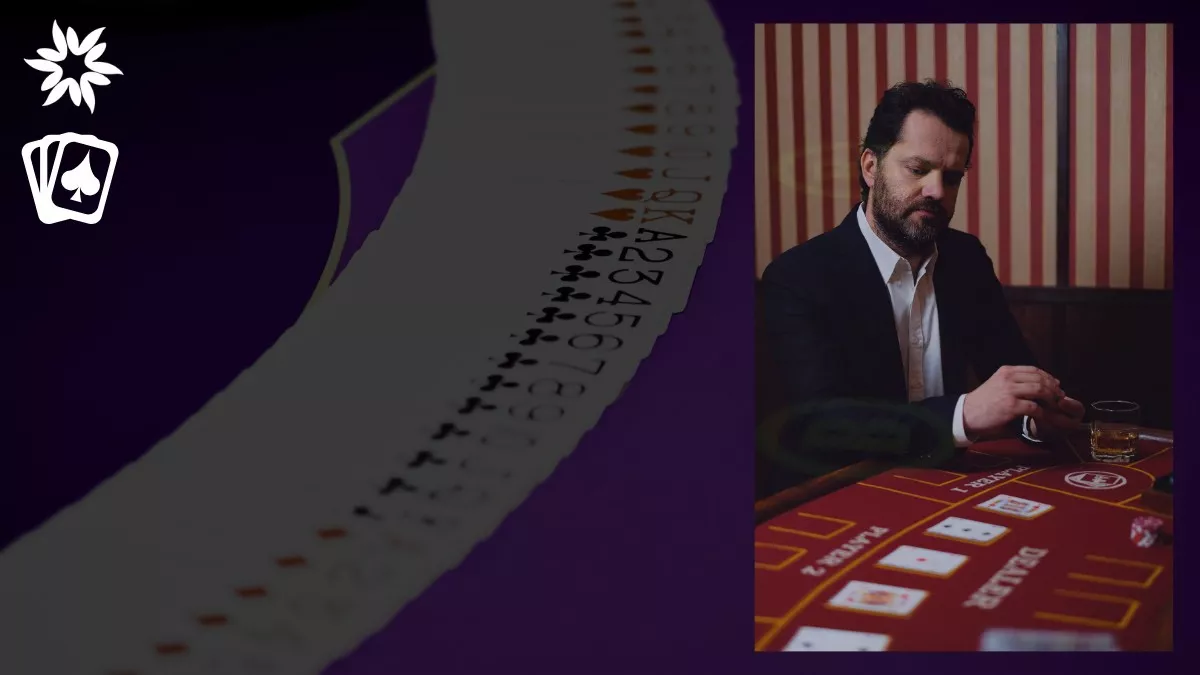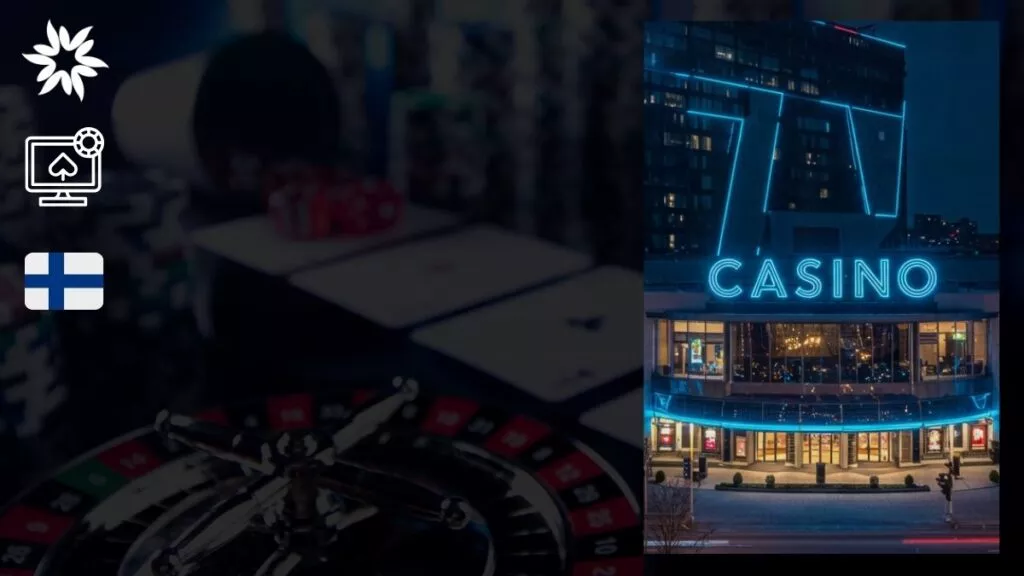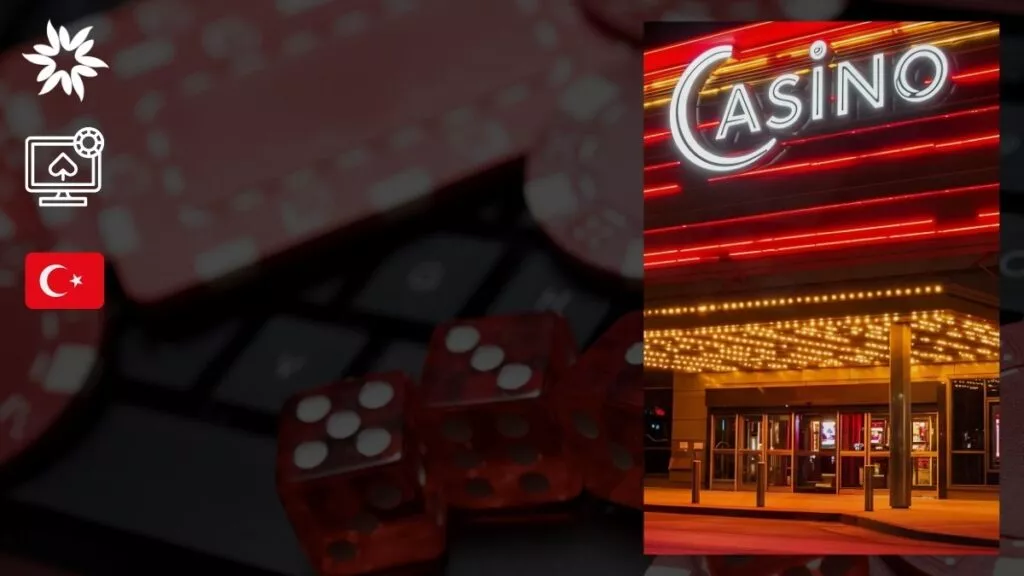You think you’re calling the shots. That’s the hook. Whether it’s choosing when to cash out, hitting the “stop” button at just the right time, or picking your favorite numbers, it all feels deliberate, like you have a say. But that feeling? It might be all an illusion.
From the architecture of the casino floor to the flicker of slot machines, every detail is engineered to make randomness feel like skill.
And once you believe your choices matter, even when they don’t, you’ll keep chasing the next win. Let’s explore how it all really works.
The Psychology Behind the Illusion of Control
Imagine standing at a roulette table, convinced that your lucky number is due to hit. Or consider the belief that your knowledge of sports gives you an edge in betting. These scenarios exemplify the “illusion of control,” a cognitive bias where individuals overestimate their ability to influence outcomes that are, in reality, determined by chance.
This illusion is particularly potent in gambling contexts. A study from the University of Deusto in Spain found a concerning correlation between the illusion of control and excessive or problem gambling. According to that research, those who gamble more than they want have a higher sense of perceived control over both gambling outcomes and day-to-day situations.
Physical interaction with gambling devices can reinforce this illusion. For instance, a study tested the extent of action-based manifestation of the illusion of control in a dice-rolling game, providing a controlled test of a claim that craps gamblers tend to shake their dice harder when aiming for higher numbers.
Design elements in gambling machines also play a role. Near-miss outcomes, where players come close to winning, can encourage continued play by creating a false sense of proximity to success. Some studies indicate that near-misses can contribute to cognitive distortions, such as the illusion of control or the belief in the “almost-won” phenomenon.
The illusion of control extends beyond casinos into sports betting. A study published in the Journal of Gambling Studies found that, compared to other forms of gambling, sports betting is the most strongly linked to the illusion of control. As a result, those who bet on sports games are more likely than other gamblers to believe they can “beat the odds.”
Understanding the illusion of control is crucial in addressing problem gambling. Recognizing that outcomes are often beyond personal influence can help individuals make more informed decisions and seek appropriate support when needed.
Physical Control – The Tactile Engagement
You don’t just play in a casino – you perform. Every toss of the dice, every card you tap against the felt, every slow pull of a slot machine lever feels deliberate, theatrical – like you’re in charge of something. That sensation? It’s powerful. It’s addictive. And it’s mostly an illusion.
Casinos know this. They’ve built empires on it.
The Hand That Feels in Control
Let’s start with the obvious: human beings trust what they can touch. Studies in cognitive psychology have shown that physical interaction amplifies the feeling of control. In casinos, that principle is weaponized.
A 2024 study published in Addiction Research & Theory demonstrated that craps players who rolled dice with their own hands reported a significantly higher belief in their ability to influence outcomes than those watching automated rolls.
Rituals That Feel Like Magic
Then come the rituals. The tap on the slot machine. The breath you hold before flipping the card. The “lucky” coin you keep in your left pocket. These aren’t random quirks – they’re coping mechanisms. Little tics of agency in a space governed by pure chance.
Why Designers Want You to Touch Everything
Here’s where it gets a bit sinister. Slot machine designers don’t just allow you to touch their machines. They beg you to.
They outfit slots with tactile buttons, weighted levers, and high-friction knobs, all carefully calibrated to feel good. There’s a term for this: “haptic engineering.”
Disarming the Illusion
So what do you do when the game feels rigged in your favor, but isn’t? The first step is awareness. If you understand that these physical cues are there to make you feel in control, not be in control, you can start to detach. You can interrupt the feedback loop.
Several responsible gambling advocates now push for design transparency: requiring casinos to disclose which elements of games are purely decorative or sensory. Others suggest time limits, cooling-off periods, or even physical modifications to machines that reduce the “touch factor.”
Design Tricks – Near-Misses and Bonus Features
If you’ve ever played a slot machine and seen two cherries align with the third just one space above or below, you know the feeling. It’s not disappointment – it’s hope. That rush of “almost.” It feels like you were this close. Like next time, surely, you’ll hit the jackpot.
That, right there, is the trick.
Modern gambling machines aren’t just designed to take your money. They’re designed to keep you trying. And one of their most effective tools? Making you believe you’re in control – through visual sleights of hand, sound effects, and carefully crafted game mechanics that nudge your brain into thinking luck is just a few clicks away.
The Almost-Win That Hooks You
Let’s talk about the big one: the near-miss. It’s a classic behavioral trap. You lose, but not totally. Not in a way your brain registers as defeat. Researchers have found that near-misses activate the same reward circuitry in your brain as actual wins.
Specifically, areas like the anterior cingulate cortex and ventral striatum light up as if something good just happened, even when it didn’t.
The “Choices” That Choose You
Now let’s dive into bonus features. These are the mini-games within the games. You’re asked to pick a treasure chest, a card, or a door. It feels interactive. Strategic. Maybe even a little empowering.
But here’s the truth: the outcome is almost always pre-programmed before you make a move. That chest you picked? You were always going to get 5x your bet. You could’ve picked any one of them and gotten the same result.
Press Here to Fool Yourself
Another masterstroke of design deception: the stop button. You hit “Spin,” the reels whirl, and just when they’re about to land – bam – you press “Stop.” It gives the illusion that you’re intervening at just the right moment. That you’re sniping the win. That your reflexes matter.
Spoiler: they don’t. The outcome was locked in the moment you hit “Spin.” You’re not changing anything.
When the Game Plays You
The most insidious part of all this is how it blurs the line between gambling and gaming. You’re not just pressing a button and waiting anymore – you’re participating. You feel like you’re strategizing. Like the machine is responding to you. But in truth, it’s just responding to you. Constantly. Reassuringly. Deceptively.
Meaningless Choices: Betting Strategies and Game Options
Walk into any casino, and you’ll be bombarded with decisions: red or black? One payline or twenty? Double down? Split the eights? Every click, swipe, and bet is framed like a choice that matters. But here’s the twist – most of them don’t.
Casinos aren’t lying to you outright. They’re just handing you the steering wheel… of a car that drives itself. It’s not that your choices are entirely meaningless. It’s that they’re designed to feel far more impactful than they are. And that illusion? That’s the hook.
The Martingale Mirage: When Math Meets Fantasy
Let’s talk about one of gambling’s most famous myths: the Martingale system. On paper, it sounds bulletproof—just double your bet after every loss, and eventually, you’ll win it all back (plus profit). But this logic collapses faster than a blackjack table on payday.
What the system doesn’t tell you is that you’ll hit table limits or run out of money long before luck swings back. The strategy doesn’t beat the house – it just delays the loss while giving you a dangerous sense of control. It’s like trying to outswim a riptide by kicking harder.
Skill-Based Machines: The Video Game Trap
Skill-based slots are the shiny new toys of the casino floor. They feel like arcade games. You dodge obstacles, shoot targets, and solve puzzles. But don’t be fooled – the outcomes are still largely random.
Choices That Don’t Actually Matter
Choose how many paylines to activate. Pick your coin denomination. Select the reel’s theme – Vikings or fruit, baby. All of it feels like you’re crafting your strategy. But most of these choices are aesthetic, not strategic.
Psychologists call this a “decorative decision” – a choice that offers no real control over the outcome, but feels meaningful.
Betting Systems: The Comfort of Control
Even beyond Martingale, strategies like the Fibonacci or D’Alembert systems promise logic in a world of chance. They’re orderly, mathematical, and appeal to anyone who hates the idea of randomness calling the shots.
But here’s the truth: they don’t change the odds. The house edge doesn’t flinch. What these systems offer is comfort, not advantage. And in the casino business, comfort is profitable – because a comfortable player is a persistent one.
The Problem with False Agency
Here’s where things get serious. When players believe their decisions matter, they’re more likely to chase losses. They blame themselves for bad outcomes. They keep going because they think their next choice will be the one that turns the tide.
Cutting Through the Noise
So, how do you cut through the illusion? You name it. When you start to recognize which choices are real and which are decorative, the spell starts to fade. Setting hard limits, understanding the math, and treating every game as pure chance – those are your best defenses.
The Role of Illusion in Problem Gambling
Gambling isn’t just about luck or chance – it’s about belief. And perhaps the most dangerous belief of all is the illusion of control: the conviction that you can influence outcomes in games that are, by design, random.
This illusion doesn’t just keep players spinning; it fuels compulsive behavior, deepens financial losses, and distorts reality.
Let’s explore how this illusion operates, how it manipulates, and how it contributes to the growing crisis of problem gambling.
The Illusion of Control: A False Sense of Agency
At its core, the illusion of control is a cognitive distortion where individuals overestimate their ability to influence events, especially those determined by chance. In gambling, this manifests when players believe their choices or actions can sway random outcomes.
A study from the University of Deusto in Spain found a concerning correlation between the illusion of control and excessive or problem gambling.
According to that research, those who gamble more than they want actually have a higher sense of perceived control over both gambling outcomes and day-to-day situations.
Near-Misses: The Almost-Win That Hooks You
Near-misses – outcomes that are close to a win but still a loss – are particularly potent in reinforcing the illusion of control. They activate the brain’s reward system similarly to actual wins, encouraging continued play.
This phenomenon isn’t limited to slot machines; it’s prevalent in various forms of gambling, including sports betting and online games.
Regaining Actual Control: Strategies and Tools
It’s easy to lose track of time in a casino. That’s the point. No windows, no clocks, and just enough adrenaline to keep you chasing the next big win. But at some point – maybe after the third near-miss, maybe when your card balance dips too low – you start to wonder: “Am I still playing… or is the game playing me?”
That’s when you need to take the wheel back. Here’s how.
Set the Rules Before You Sit Down
Gambling doesn’t have to be chaos, but it often becomes that when you walk in without a plan. One of the simplest, most effective things you can do is set firm boundaries: how much you’ll spend, how long you’ll play, and what happens if you lose.
The Power of Self-Exclusion
Sometimes, it’s not just about rules – it’s about removing the temptation entirely. That’s where self-exclusion programs come in. These allow you to voluntarily block access to gambling platforms for weeks, months, or even years.
In the U.S., organizations like the National Council on Problem Gambling offer centralized systems where users can bar themselves from multiple betting sites in one go. In the UK, GAMSTOP does the same – one registration cuts you off from thousands of online gambling operators. It’s not a silver bullet, but for many, it’s a necessary reset button.
You’re Not Alone: Finding Real Support
There’s a stubborn myth that gambling problems are a personal failure. They’re not. They’re often the result of well-engineered systems designed to keep you hooked. And the antidote to that isn’t shame—it’s support.
Whether it’s through therapy, community-based programs like Gamblers Anonymous, or digital spaces like Reddit’s r/problemgambling, connecting with others who’ve been through it makes a difference.
The Truth Beneath the Lights
You think you’re in charge. That’s the game. Whether it’s pulling a lever, tapping a screen, or choosing a “lucky” number, the casino wants you to feel like the outcome is in your hands. It’s not. It never was. But the illusion? That’s real – and it’s one of the most effective psychological tricks ever built into entertainment.
From the layout of the gaming floor to the blinking lights of a slot machine, every element is engineered to keep you engaged, confident, and chasing. You believe you’ve got rhythm, strategy, and a system.
But underneath it all is randomness, wrapped in control’s clothing. And the more you believe you’re steering the ship, the more likely you are to stay onboard – even as it’s sinking your time, your money, and sometimes, your sense of reality.








